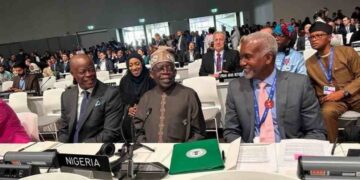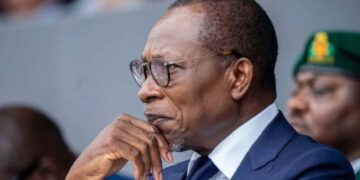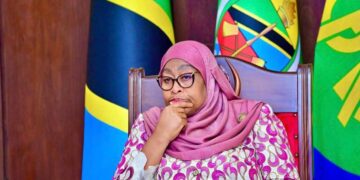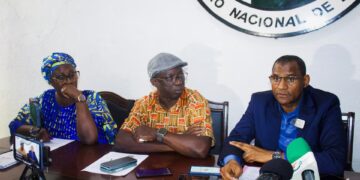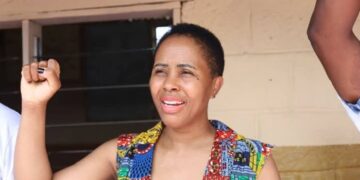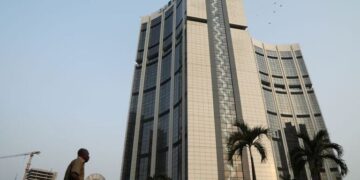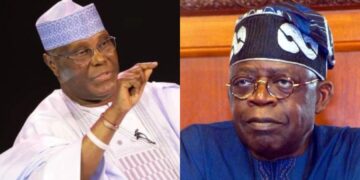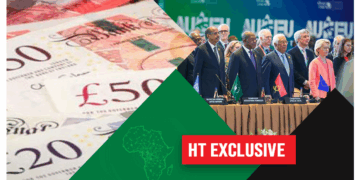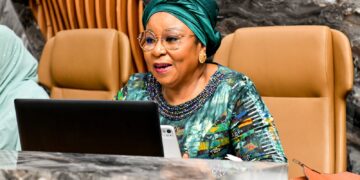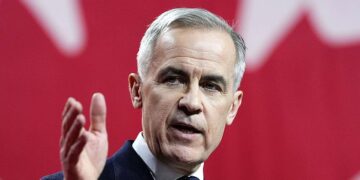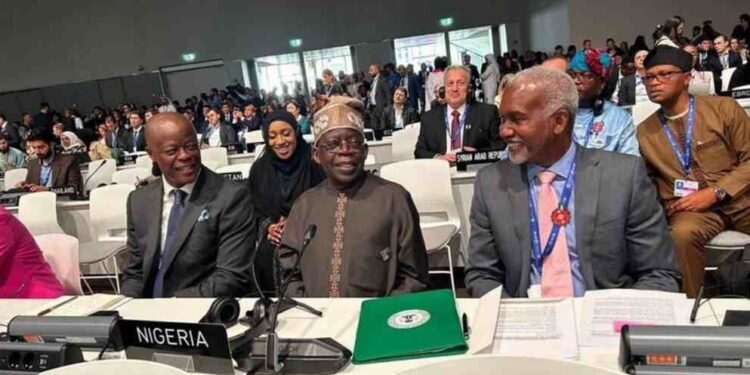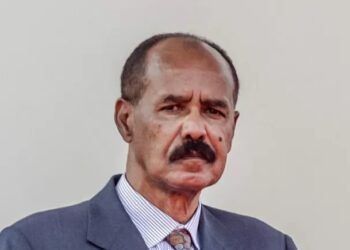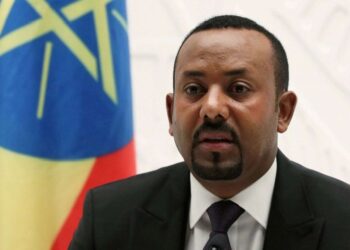By John Ikani
In the wake of Nigeria’s economic challenges, including a staggering debt burden, inflation, and increasing poverty, the country’s substantial representation at the United Nations Climate Change Conference (COP28) has sparked diverse reactions.
Notably, voices like Peter Obi, the Labour Party’s 2023 presidential candidate, are urging President Bola Tinubu to focus on making Nigeria competitive in production rather than merely outnumbering other nations in delegation size.
A noteworthy 1,411 Nigerian delegates have registered for the 28th Climate Change Summit in Dubai, UAE.
Challenging the claim by the presidency that not all delegates are government-sponsored, Obi on social media, drew a striking parallel with China, emphasizing that while China’s budget for 2024 is substantial, Nigeria’s is considerably less, underlining the need for a shift in priorities.
Obi asserted, “In a twist of sad irony, let me congratulate the giant of Africa, Nigeria, for matching the great China, with the same number of contingents at the ongoing COP28 in Dubai, United Arab Emirates. Nigeria’s contingent to COP28 totaled 1,411, the same number as the Chinese contingents.”
“While China’s budget for 2024 is about $4 trillion, about $2,860 per head; Nigeria’s budget is about $33 billion, about $165 per head. China has a high Human Development Index (HDI), with a ranking of 79 out of 191 countries measured, and Nigeria has a low HDI, with a ranking of 163 out of 191 countries measured. Nigeria has more people living in ‘multi-dimensional’ poverty than China, despite China having seven times our population.
“Most importantly, the vast majority of those in the Nigerian delegation to COP28 are either non-relevant civil servants or relations, friends and hangers-on of high government officials. Most of them hardly understand or have anything to do with climate change.”
He added: “This huge contingent is out at public expense at a time when most Nigerians can hardly afford food and basic needs as a result of economic hardship. I pray earnestly that a day will come soon enough when we can focus on competing with China on productivity and the miracle of migrating the highest number of its citizens out of poverty over a relatively short time.
“As we have kept emphasising, we must stop waste as a tradition of our government and nation. We urgently need to cut the cost of governance and invest in production. We need to de-emphasise unnecessary ceremony and showmanship as a mode of government behaviour. We need to tie spending to necessity and national priority. A new Nigeria is possible. We only need to do the reasonable and the necessary.”
Human Rights Writers Association of Nigeria (HURIWA) echoed these sentiments, criticizing the attendance’s environmental impact and emphasizing the government’s inability to curb extravagant spending.
Emmanuel Onwubiko of HURIWA questioned the logic behind sending 590 government-sponsored delegates amidst economic challenges, estimating the total flight cost at a staggering N885 million.
In response, the presidency clarified that the 1,411 delegates encompass various groups, including business persons, civil society actors, and others, with diverse roles at COP28.
Temitope Ajayi, Senior Special Assistant to the President on Media and Publicity, emphasized Nigeria’s prominence as the largest African country and economy, justifying the substantial representation.
The People’s Democratic Party (PDP) called for a National Assembly investigation into the purportedly wasteful and over-bloated delegation, demanding President Tinubu to refund any improperly spent government funds.
The PDP criticized the delegation’s composition, alleging the inclusion of the President’s associates at significant expense to the nation.
Shifting focus, Nigeria, alongside two other African countries, is set to pioneer the Africa Energy Transition Partnership (AETP) in collaboration with the United Nations Office for Project Services (UNOPS) and Sustainable Energy for All (SEforALL).
The initiative aims to accelerate energy transition on the continent, addressing challenges related to renewable energy, energy efficiency, and sustainable infrastructures.
In additiion, the Nigerian National Petroleum Company (NNPC) Limited has joined the global Oil and Gas Decarbonisation Charter (OGDC), committing to net-zero operations by 2050, ending routine flaring by 2030, and reducing upstream methane emissions.
The OGDC, comprising over 50 companies, aims to drive climate action across the oil and gas sectors, recognizing the need for collective efforts to advance energy transition and reduce greenhouse gas emissions.
